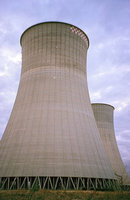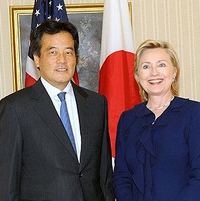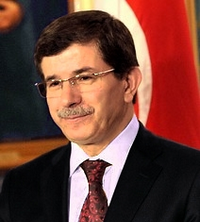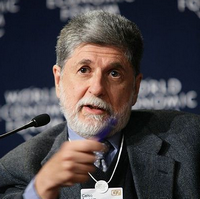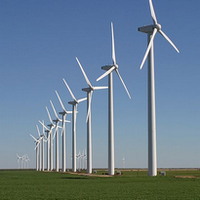
A large-scale deployment of clean energy technology is gaining speed on the global stage, causing shifts of significant geopolitical consequence. As clean energy moves from margin to mainstream, it is set to alter the balance of energy security and energy power among key regions of the world. Nations will redraw the energy map, both by assessing access to renewable resources and evaluating their traditional alliances. The degree to which frameworks are established so that clean energy drives not just competition, but also cooperation, will be key to determining the impact it ultimately has on international relations. Energy transitions take time. […]

